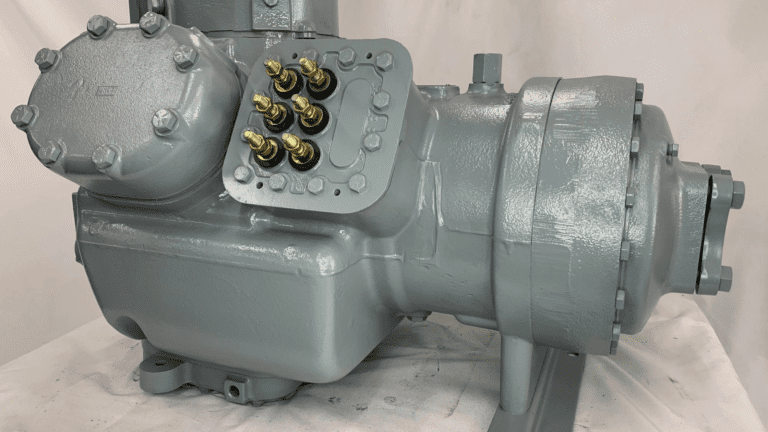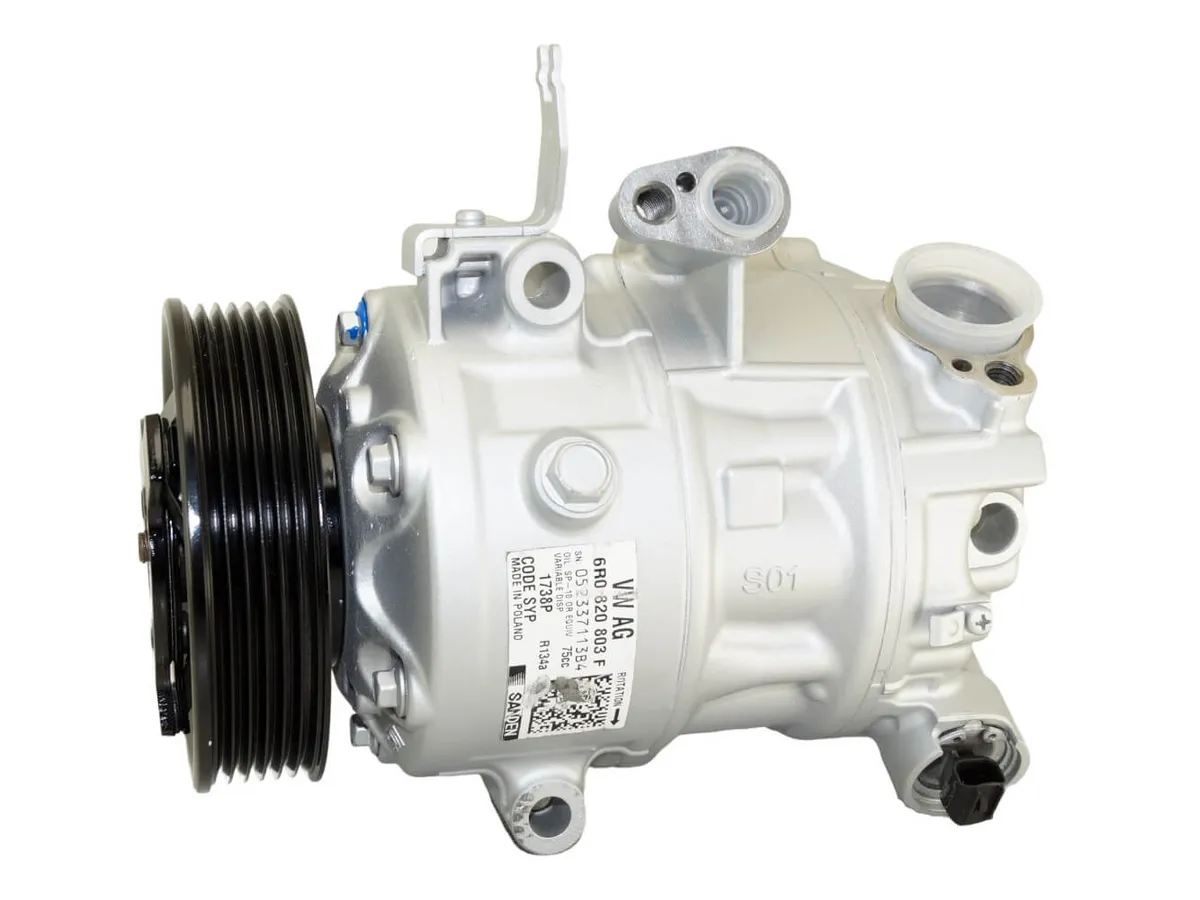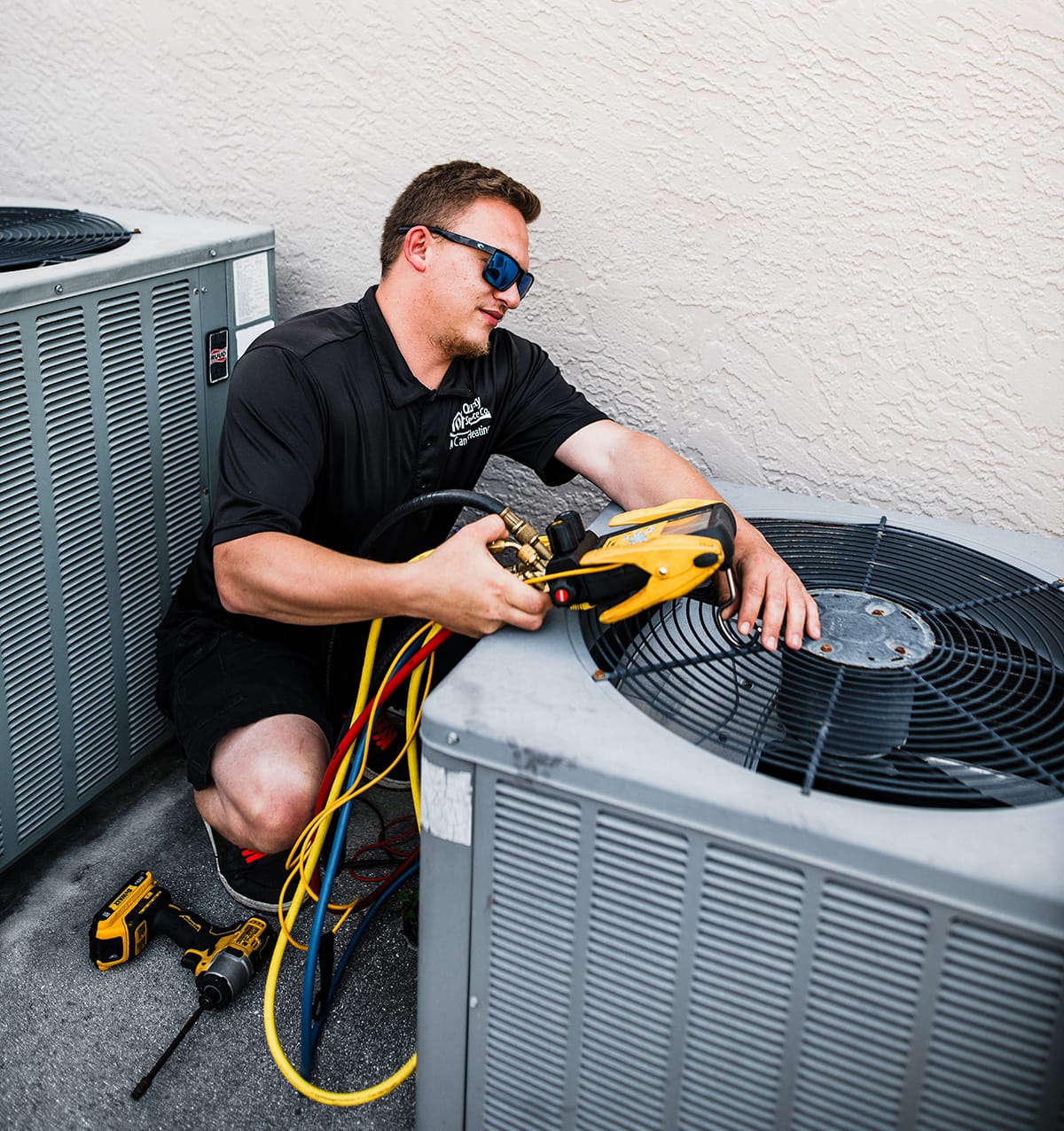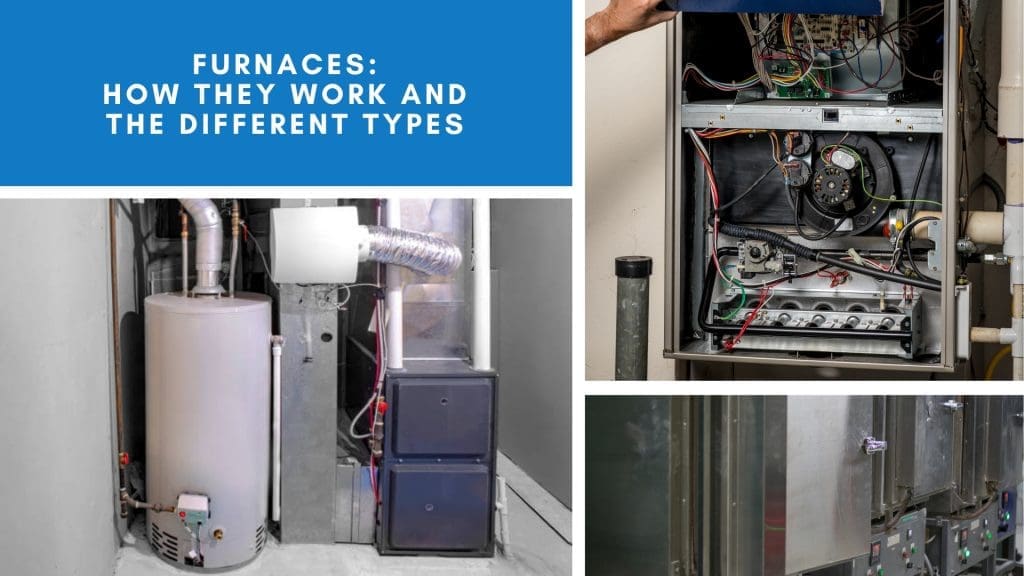When it comes to keeping your home comfortable year-round, your air conditioning system plays a crucial role. Not only does it provide the cooling relief necessary during the sweltering summer months, but it also contributes to better indoor air quality. One of the most vital components in this system is the AC compressor. This component is often referred to as the “heart” of the air conditioning system because it circulates refrigerant throughout the system. A common question homeowners ask is, how long do ac compressors last, and what can you do to ensure yours reaches its maximum lifespan? As an HVAC expert and owner of LC Heating and Air Conditioning in Hollywood, I’m here to share my insights.

Understanding the Lifespan of an AC Compressor
The lifespan of an AC compressor can vary, but with proper maintenance, you can expect it to last anywhere from 10 to 15 years. It’s important to note that some compressors might even last up to 20 years, especially if they are of high quality and receive regular maintenance. However, these are exceptions rather than the rule. Several factors influence this longevity, including the quality of the unit, installation, and how well it’s maintained over the years. Understanding these factors can help you make informed decisions about your AC system and potentially save on costly repairs or replacements.
Factors Affecting AC Compressor Lifespan
- Quality of the Unit: High-quality compressors tend to have longer lifespans. Investing in a well-known brand may cost more upfront but can save you money in the long run. Brands with a proven track record often offer better warranties and customer support, which can be invaluable if issues arise. Additionally, these units are typically designed with more durable materials and advanced technology that enhance their performance and longevity.
- Installation: Proper installation is critical. A poorly installed compressor can lead to inefficiencies and early failure. Always hire a licensed professional for installation, as they have the expertise to ensure all components are correctly set up and functioning. Incorrect installation can also void warranties and lead to leaks or other serious issues that could compromise the entire system’s functionality.
- Maintenance: Regular maintenance, such as cleaning coils and checking refrigerant levels, can significantly extend the life of your compressor. Routine inspections can help identify potential problems before they escalate into major repairs. Consistent maintenance not only prolongs the life of the compressor but also ensures it operates at peak efficiency, reducing energy costs and maintaining comfort in your home.

The $5000 Rule
The $5000 rule is a simple guideline to decide whether to repair or replace your AC compressor. Multiply the age of the unit by the estimated repair cost. If the result exceeds $5,000, it may be more cost-effective to replace it. This rule helps homeowners avoid pouring money into repairs on an aging system that may soon require replacement anyway. It is a practical approach to balancing short-term repair costs against the long-term benefits of a new, more efficient unit.
Maximizing Your AC Compressor’s Lifespan
Proper maintenance is key to maximizing the lifespan of your AC compressor. By investing time and effort into regular upkeep, you can ensure your unit runs smoothly for years to come. Maintenance not only prevents unexpected breakdowns but also enhances the overall efficiency and reliability of your air conditioning system.
Regular Maintenance Checks
Schedule regular maintenance checks with a professional. This includes inspecting electrical connections, cleaning coils, and verifying refrigerant levels. These checks can prevent minor issues from becoming major problems and ensure your system operates safely. Regular maintenance also involves checking for any signs of wear and tear, which, if left unchecked, could lead to more significant damage over time.
Keep the Area Around the Unit Clear
Ensure that the area around your AC unit is free from debris, plants, and other obstructions. Good airflow is essential for efficient operation. Overgrown plants or accumulated debris can block airflow, causing the compressor to work harder than necessary and increasing energy consumption. Regularly clearing the area around the unit can prevent overheating and prolong its lifespan.
Change Air Filters Regularly
Dirty filters can impede airflow and force your compressor to work harder, leading to premature wear. Replace filters every 1-3 months, depending on usage. Clean filters not only protect your compressor but also improve indoor air quality by capturing dust, pollen, and other pollutants. This simple step can significantly enhance the performance and efficiency of your entire HVAC system.

Monitor for Unusual Noises
Unusual noises can indicate issues with your compressor. If you hear grinding or banging, contact a professional immediately to prevent further damage. Ignoring such sounds can lead to more severe problems, including complete system failure. By addressing these noises promptly, you can save on costly repairs and extend the life of your compressor.
When to Consider Replacing Your AC Compressor
Even with the best maintenance, all compressors will eventually need replacing. Understanding when to replace it can save you time, money, and hassle. A proactive approach to replacement can prevent inconvenient breakdowns and ensure continuous comfort in your home.
Signs Your Compressor Needs Replacement
- Frequent Breakdowns: If your compressor requires frequent repairs, it might be time to consider a new unit. Constant breakdowns are not only frustrating but also costly, as repair bills can quickly add up. Replacing the compressor can offer a more reliable and efficient solution.
- High Energy Bills: An inefficient compressor can lead to increased energy bills. If you notice a spike, your unit might be struggling. Energy inefficiency can be a sign that the compressor is working harder than necessary to cool your home, which could indicate it’s nearing the end of its lifespan.
- Inconsistent Temperatures: If your home isn’t cooling evenly, your compressor may be failing. Uneven cooling can result from various issues, but a failing compressor is a common culprit. Replacing it can restore balanced temperatures throughout your home and improve overall comfort.
Selecting a New Compressor
When it’s time to replace your compressor, consider the size of your home and your specific needs. For a 2500 sq ft home, you’ll need a unit that can handle the load efficiently. Consult with a professional to choose the best option, as they can provide insights into the latest technologies and energy-efficient models. The right compressor can not only enhance comfort but also lead to significant savings on energy bills over time.
Conclusion: How Long Do AC Compressors Last
The AC compressor is a vital component of your HVAC system, and understanding its lifespan is crucial for home comfort and efficiency. By following these guidelines and working with a trusted HVAC professional, you can ensure your system remains reliable and efficient. Regular inspections and maintenance are essential practices that safeguard your investment and promote the longevity of your unit. For personalized advice and services in the Los Angeles metropolitan area, contact LC Heating and Air Conditioning at (818) 858-7080 or visit https://www.lahvaclc.com.
Incorporating these practices not only extends the life of your AC compressor but also enhances the overall performance of your HVAC system, ensuring you and your family stay comfortable no matter the season. Investing in regular maintenance and timely replacements is key to a hassle-free home environment. By staying proactive and informed, you can enjoy the benefits of a well-functioning air conditioning system for years to come.


